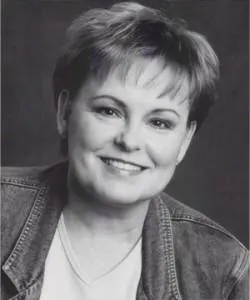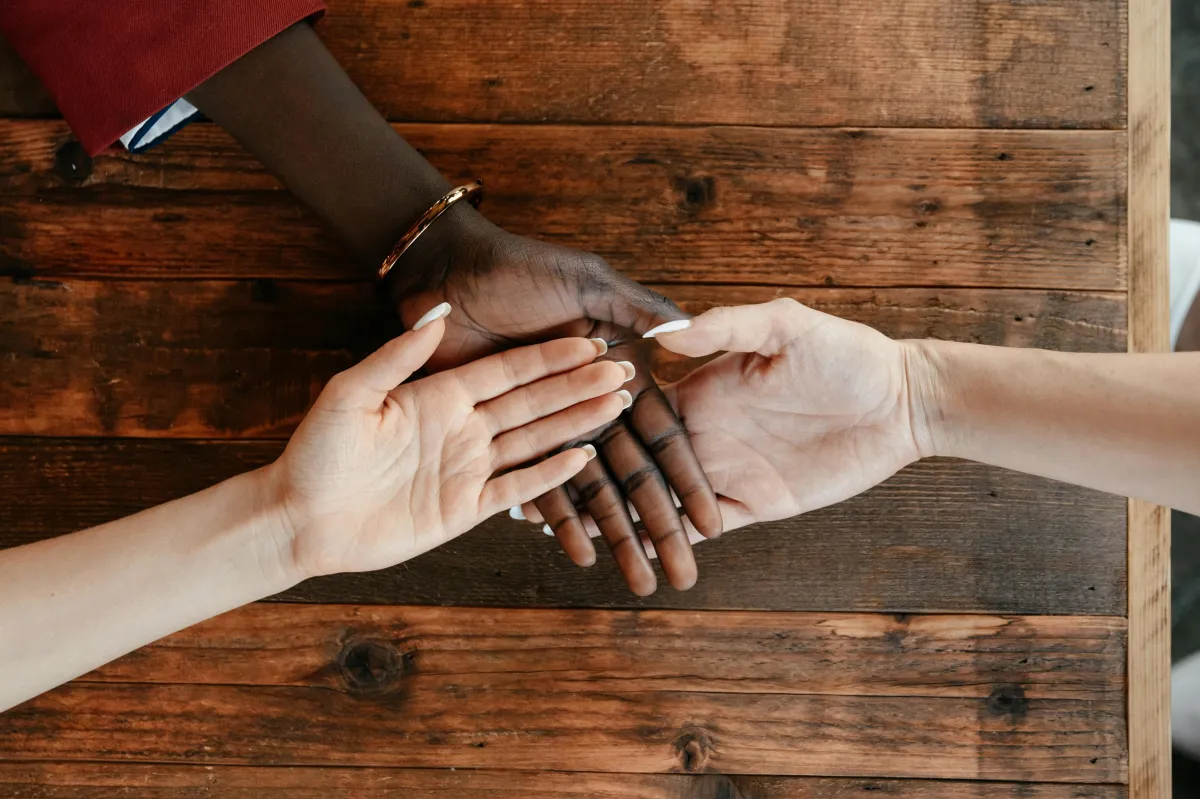About




About
Margaret Lambert

Margaret Lambert, MSW, LCSW
Psychotherapist, Teacher, and Author
Margaret Lambert is a seasoned psychotherapist specializing in all levels of couple relationships. With a career that began in mid-life, Margaret earned her Master's in Social Work from the University of Wisconsin–Milwaukee and has been practicing in Madison since 1996. Over the years, she has touched many lives through her workshops and seminars, including:
Pre-marriage workshops (bi-monthly)
Healing a Broken Heart divorce recovery seminars
Outgrowing a Painful Childhood groups
Volunteer facilitator for Bethel Lutheran Church’s Separated and Divorced Support Group (2000-2010)

In 2002, Margaret founded Puffins Presentations, and in 2004, she developed the Dating Dementia Course—a program that helps individuals navigate the complexities of modern dating. Margaret also played a key role in the creation of the Rebuilding At Bethel program in 2010, which offers a three-level approach to divorce and separation recovery.
Along with her seminars, Margaret works closely with individuals and couples facing relationship challenges. She co-founded
Sonas Behavioral Health, LLC in 2006 alongside colleague Dee Vetter, Ph.D., expanding her commitment to supporting emotional and relationship health.
Margaret's Approach
Margaret’s therapy style is eclectic, drawing from multiple disciplines but primarily grounded in Family Systems Theory, with a strong Cognitive-Behavioral and educational approach.
Her expertise includes:
Grief and loss
Marital and couples therapy
Divorce recovery
Anxiety and depression
Adult survivors of abuse

Her primary focus is on the seminars she conducts, with a deep belief in the transformative power of information:
"Information and knowledge have the power to change lives. It’s incredibly rewarding to see individuals make important changes as a result of the insights they gain in our sessions."
Margaret views her role as both a privilege and a responsibility. She is dedicated to guiding clients through their struggles with compassion and support, helping them heal from the losses and challenges life presents.
Working with Relationships

Margaret's practice is focused entirely on relationships. She assists couples in various stages—whether preparing for marriage, struggling in their current relationship, or recovering from a breakup. She understands the complexity of relationships and the importance of building a healthy foundation, noting:
"Love is not a feeling, but rather a behavior, an action, and a choice. It’s something we engage in every day, even when times are tough."
Her Dating Dementia and Beyond the Looking Glass seminars emphasize this, helping participants understand the necessary components to build a lasting, fulfilling relationship.

Why Puffins?

The name Puffins Presentations was inspired by the resilient and unique puffin bird. Puffins have not only come back from near extinction but continue to thrive despite the challenges of their environment. They symbolize the qualities Margaret hopes to foster in relationships: trust, empathy, respect, and long-term commitment.
Just like puffins, who mate for life, relationships need dedication, authenticity, and unconditional care to succeed. Margaret uses this analogy to teach her clients that healthy relationships, like puffin pairs, are based on strong foundations and a willingness to grow together.
If you’re curious to learn more about puffins and their fascinating habits, visit these resources:
Audubon Society:
http://projectpuffin.audubon.org/
Puffins at Risk:
http://projectpuffin.audubon.org/sites/default/files/documents/climatechangeandchance.pdf
http://online.nwf.org/site/MessageViewer?em_id=144281.0&dlv_id=148148





© Puffins Presentations Inc. All rights reserved.





